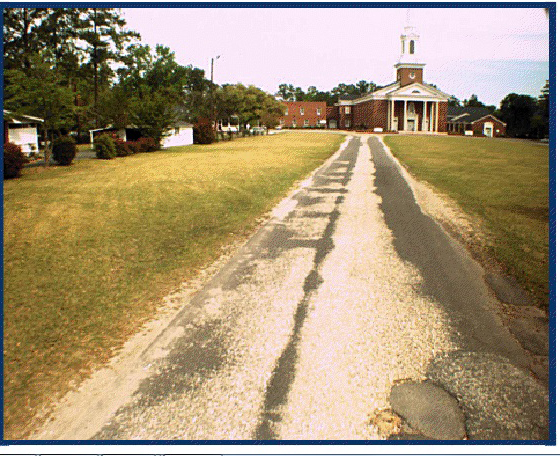I received this oped by Harvey Peeler, the best Tweeter in the SC Senate, from the Senate Republicans. It contains some thoughts worth considering:
Force-feeding asphalt to Charleston while the rest of S.C. starves
by Senate Majority Leader Harvey PeelerWhen a conservative think tank and the environmentalists team up to criticize the same state agency, you can bet they’re probably on to something.
Our entire system of funding road and transportation needs in our state is just about as broken as it gets, with a recent decision by State Transportation Infrastructure Bank (SIB) being the prime example.
Last month, the SIB took a vote to build an eight mile extension of the Mark Clark Expressway in Charleston, despite the fact that their bonding capacity is used up and the project is wildly unpopular locally.
Or to put in language folks outside the Statehouse might use, they spent money we don’t have on a project we don’t need and the people don’t want.
But the bigger problem is that the SIB is force feeding asphalt to Charleston, while the rest of our state is on a starvation diet.
Seeing this, the conservative South Carolina Policy Council and the environmentalist Coastal Conservation League – two groups who are rarely singing off of the same sheet of music – teamed up to point out just how corrupt our system for funding infrastructure has become.
I think they’re on to something.
Anybody who drives has seen the sorry shape of our roads first hand. In my neck of the woods, we have “see-through” bridges just miles from our homes with more holes than Swiss cheese. In Cowpens on Exit 83, the exit is in such bad disrepair that you have to drive through the parking lot of Mountain View Baptist Church to get back onto the Interstate. Or how I-26 becomes a parking lot on many weekends between Charleston and Columbia.
Meanwhile, since the SIB was created in 1997, they’ve doled out about $4 billion for road projects, with about half of it, a little over $2 billion, going to just two counties – Charleston and Horry. In fact, only 11 of our 46 counties have ever even gotten a penny of SIB funding.
The state Department of Transportation estimates that to bring all the roads and bridges in this state just up what is considered “adequate” level, it would take $20 billion.
Let’s think about that for a second – we need $20 billion to make our existing roads safe, and the SIB is busy spending another $4 billion on NEW roads in the backyards of politically connected legislators and the tourism lobby.
That latest Charleston boondoggle – which, it’s worth remembering, was built with promised money above and beyond what we’re already authorized to borrow – has never even been ranked by the state DOT as a funding priority. It even ranked 15th on a list in Charleston for priorities.
The question I have is, why do we even have a board separate and apart from the DOT, buying bells and whistles for our road system? It’s like a farmer borrowing money to buy a new Corvette when the wheels of his tractor are falling off.
Of course, it’s not like the DOT is any better. What is the DOT’s top priority right now? An interstate that hasn’t even been built yet, and may never wind up being built. I-73, which is supposed to go from Detroit to Myrtle Beach, will cost our state more than $1 billion just to reach the North Carolina line.
Now I’m no expert, but the times I’ve been to Myrtle Beach and looked around at the license plates, it didn’t seem to me like folks from Michigan and Ohio are having any trouble getting here.
The seven-member DOT and the seven-member SIB are driving our state into a ditch. Fourteen people making road-funding decisions. As the old saying goes, “When everybody is in charge, no one is in charge.”
It’s true in business, it’s true in government. We have a rogue Infrastructure Bank committing money that doesn’t exist to a project we don’t need, on top of a state Department of Transportation, where an unaccountable commission controls everything from traffic lights to curb cuts.
If we’re going to move our state forward, we’ve got to stop funding infrastructure based on favor swapping and horse trading. We’ve got to put first things first, fix the roads we have, and stop building new ones based on which legislator has the most pull or which special interest screams the loudest.
I pledge to work with the Policy Council, the Coastal Conservation League and any other group that wants to make this the reality for South Carolina.

















